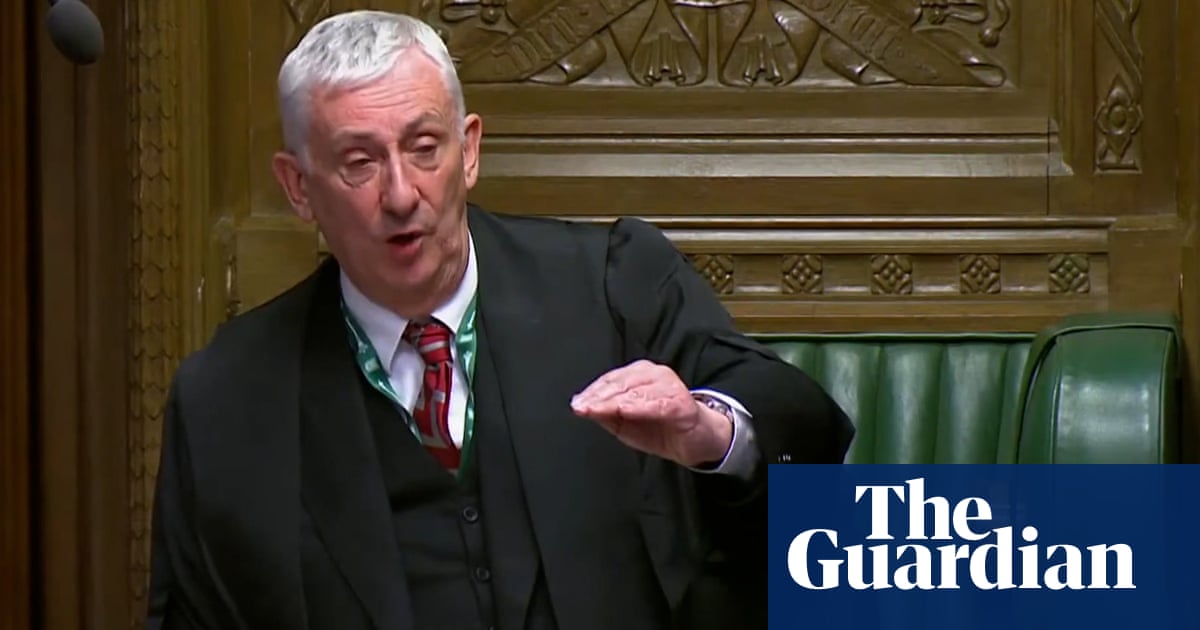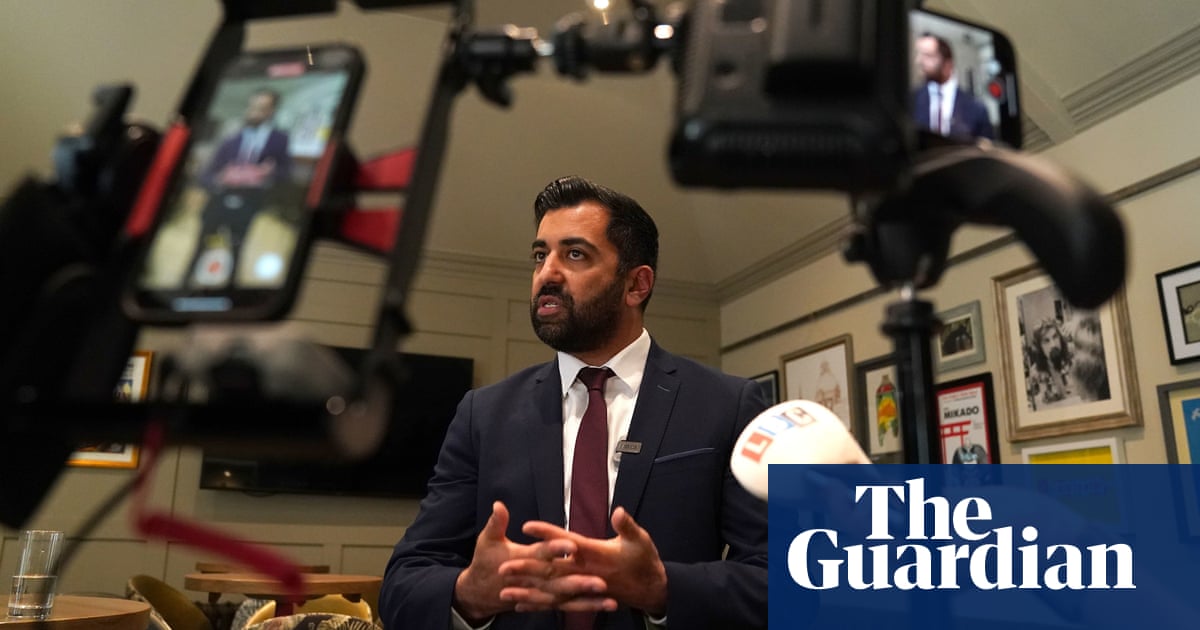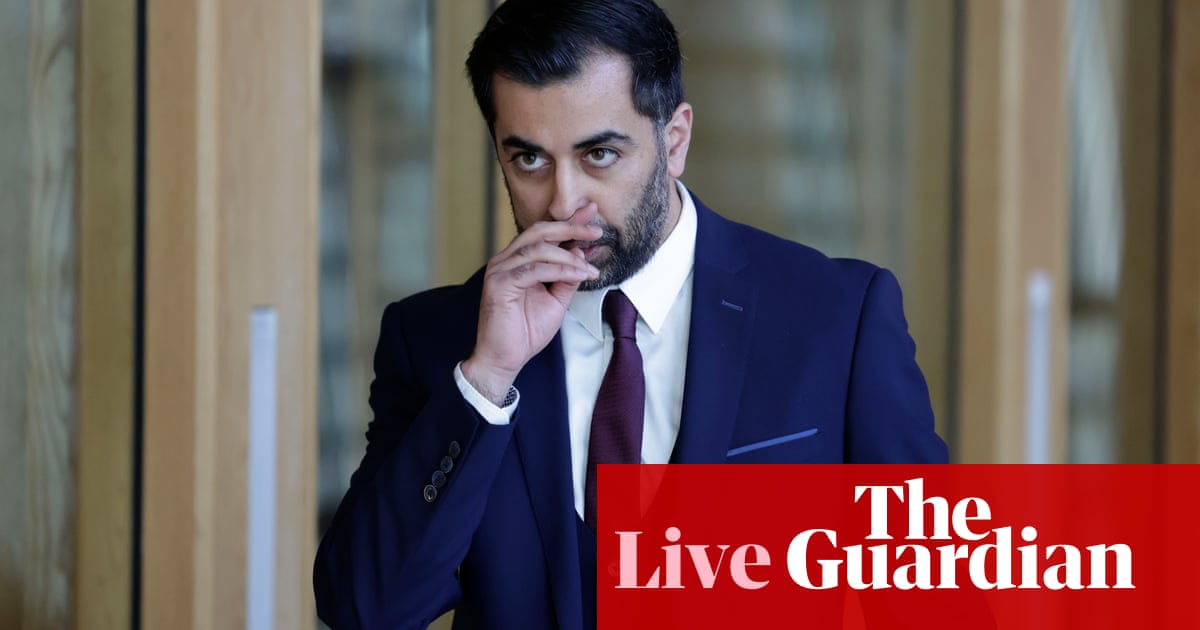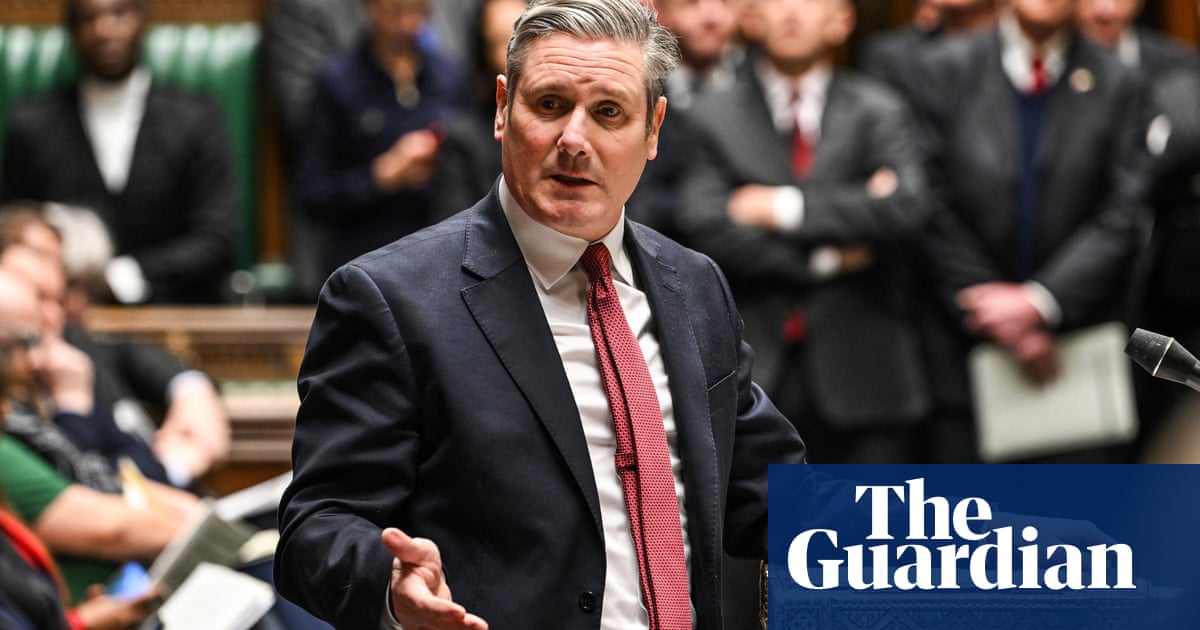
The Commons speaker has given Keir Starmer’s hopes of avoiding a major rebellion over Gaza a big boost by allowing the Labour leader to hold a vote on his preferred solution to the Middle East crisis.
Dozens of Labour MPs were preparing to vote on Wednesday for a Scottish National party motion calling for an immediate ceasefire in Gaza for the second time in three months.
However, the speaker, Lindsay Hoyle, decided to allow Labour to hold a vote on its own amendment, which calls for a ceasefire only in certain circumstances.
In a decision that caused fury on the government and SNP benches, the speaker explained he would allow both the government and Labour to bring amendments to the motion, something that is unusual in an opposition debate.
Hoyle said: “This is a highly sensitive subject on which feelings are running high in the house, in the nation and throughout the world. I think it’s important on this occasion that the house is able to consider the widest possible range of options.”
He added that he intended to rewrite the Commons rules surrounding opposition day debates, sparking anger from Tory and SNP MPs. Desmond Swayne, a Conservative backbencher, shouted: “Bring back Bercow!” in reference to Hoyle’s predecessor John Bercow.
Soon afterwards it emerged Hoyle had made his decision against the advice of his own aides. Tom Goldsmith, the clerk of the house, wrote a letter to Hoyle afterwards saying he believed it represented “a departure from the long-established convention for dealing with such amendments on opposition days”.
If the Labour amendment succeeds, it will replace the SNP motion and avoid any chance for fractious Labour MPs to rebel by voting for the motion’s more blunt call for an immediate ceasefire.
The SNP’s motion calls for “an immediate ceasefire for all combatants”. Labour’s, on the other hand, calls for an “immediate humanitarian ceasefire”, before qualifying that by saying Israel cannot be expected to abide by one if Hamas continues to threaten violence. Unlike the SNP motion, the Labour one also refers to the importance of a two-state solution.
Hoyle’s decision means MPs will now vote on Labour’s amendment on Wednesday evening. If the amendment succeeds, there will be no need for further votes.
If it fails, however, MPs will then vote on the unamended SNP motion before then voting on a government amendment, which also calls for a ceasefire but says it should only happen under a very specific set of circumstances.
The government’s amendment says a ceasefire should only happen if Hamas has completely relinquished control of Gaza and handed back all Israeli hostages, and if a credible process has begun leading towards a two-state solution.
Some Labour MPs say they still intend to vote for the SNP motion should the Labour amendment fail, but party officials expect the rebellion to be much smaller than it would otherwise have been.
Brendan O’Hara, the SNP spokesperson for foreign affairs, told the Commons at the start of the debate: “Voting for an immediate ceasefire today won’t by itself bring about the end of the slaughter.
“But the impact and the optics of this parliament, hitherto one of Israel’s staunchest allies, saying enough is enough and calling for an immediate ceasefire would be enormous.”
The shadow foreign secretary, David Lammy, said: “We must not just avert a ground invasion of Rafah, essential though it is. All violence against civilians must now stop.
“And that is why Labour is saying unequivocally that we need an immediate humanitarian ceasefire to end the bloodshed and the suffering.”












